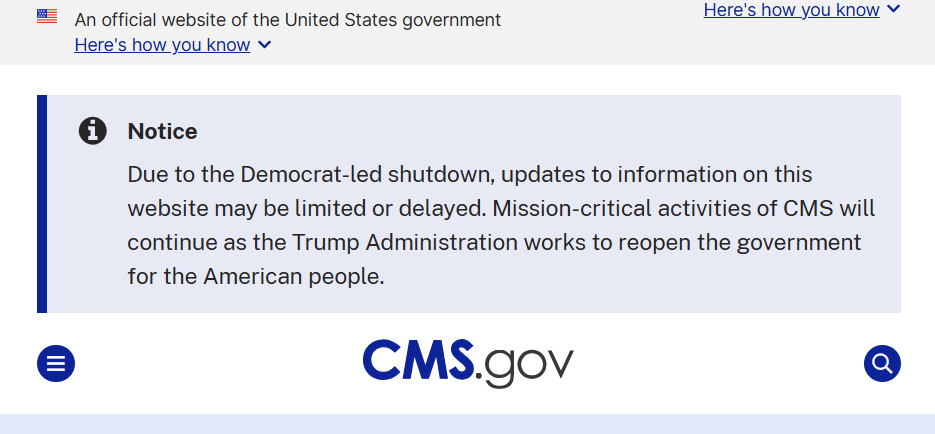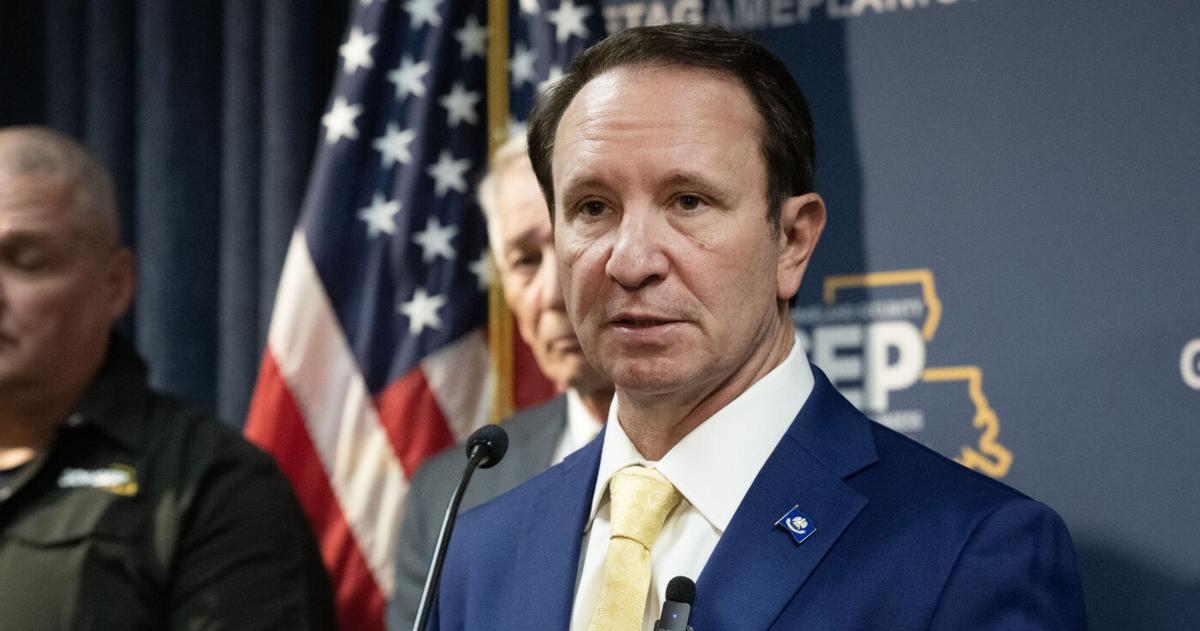Prevention: be aware, report odd behavior
Imagine walking around campus so engrossed in your phone that you tuned out a loud warning to run for cover because a shooter was on the loose, then got shot in the middle of sending “omg.”
It would be a tragic way to die, and it could have happened to any of the near 40 students outside the Kitty Degree Hall this January.
Lt. Donald Duncan said: “We had an active shooter drill and no one responded to the warnings. We had gunshot sounds going on in the building, and even though no one outside could probably hear the shots, there were loud warnings that could be heard, but no students paid attention to the loud warnings.”
If it wasn’t a drill, the students’ lack of awareness could have led to tragedy.
That’s why Duncan preaches the importance of situational awareness. He says it’s the foundation of keeping safe in the event of an active shooter.
“It concerns me, I see that 70 percent of the time, most students have a phone in their hand or ear buds in their ear. They’re setting themselves up for failure. They’re all plugged up, everybody’s got headphones. I have no doubt that was a big factor in students not responding to the alarm that day,” Duncan, a ULM police officer said.
Cassie Jones, a senior toxicology major, believes that students walking to class need to lower their music volume and increase their awareness.
In the future, Duncan said the police plan to visit each building and classroom to preach the importance of being aware and prepared.
“Would I say run down a hallway at an active shooter? No, but if he’s coming at you, I’d advise you defend yourself instead of lying down and letting it happen,” Duncan said.
He said this especially applies if a shooter goes into a class with a lot of students.
“There are tools on you that you can use to de-escalate the situation instead of just standing there. Throwing something will at least distract him. He has to stop to reload at some point,“ Duncan said. “If a whole bunch of students start throwing something heavy like textbooks at him, that’s going to deescalate the situation pretty quickly.”
Duncan’s aware that acting in that situation is easier said than done, especially for a student who has never heard a gunshot before. A lot of people go in shock.
“Your brain is trying to process it, going over the events in a loop. But while you stuck in a loop, time’s going forward and the shooter isn’t stopping,” Duncan said.
In addition to self-awareness and self-protection, he said students can prevent most incidents.
Most students know about these things before they happen and could prevent them if they just reported what they saw.
“It stands out. You notice when something is out of the ordinary, you just choose to ignore it,” Duncan said.
Reporting odd behavior saved Payton Neville’s senior award day from turning into a massacre in high school. Students told the principal about a guy who threatened to shoot up the school in the middle of class the day before.
Neville, a sophomore computer information systems major, said the police went to the boy’s house and found weapons and a list.
“So when we got to school that day they had active cops on duty and people in disguise – like with headpieces in, making sure nothing happened. They were patting people down,” Neville said.
Duncan believes preparing the faculty, staff and students will lower the odds of an attack on campus.
“The reason this is happening is because there are no repercussions,” said Duncan. “If you have a well trained staff, which we are working on, and students that are prepared, the shooter is going to go somewhere else because they know those people are prepared. They want a weak victim; they won’t go after the strong.”
In the event a shooter attacks outdoors, Duncan advises running for cover something like a bush you can hide behind, or concealment something that can absorb bullets, like a brick wall. Then call 911 immediately and try to stay there until safety responders arrive.







